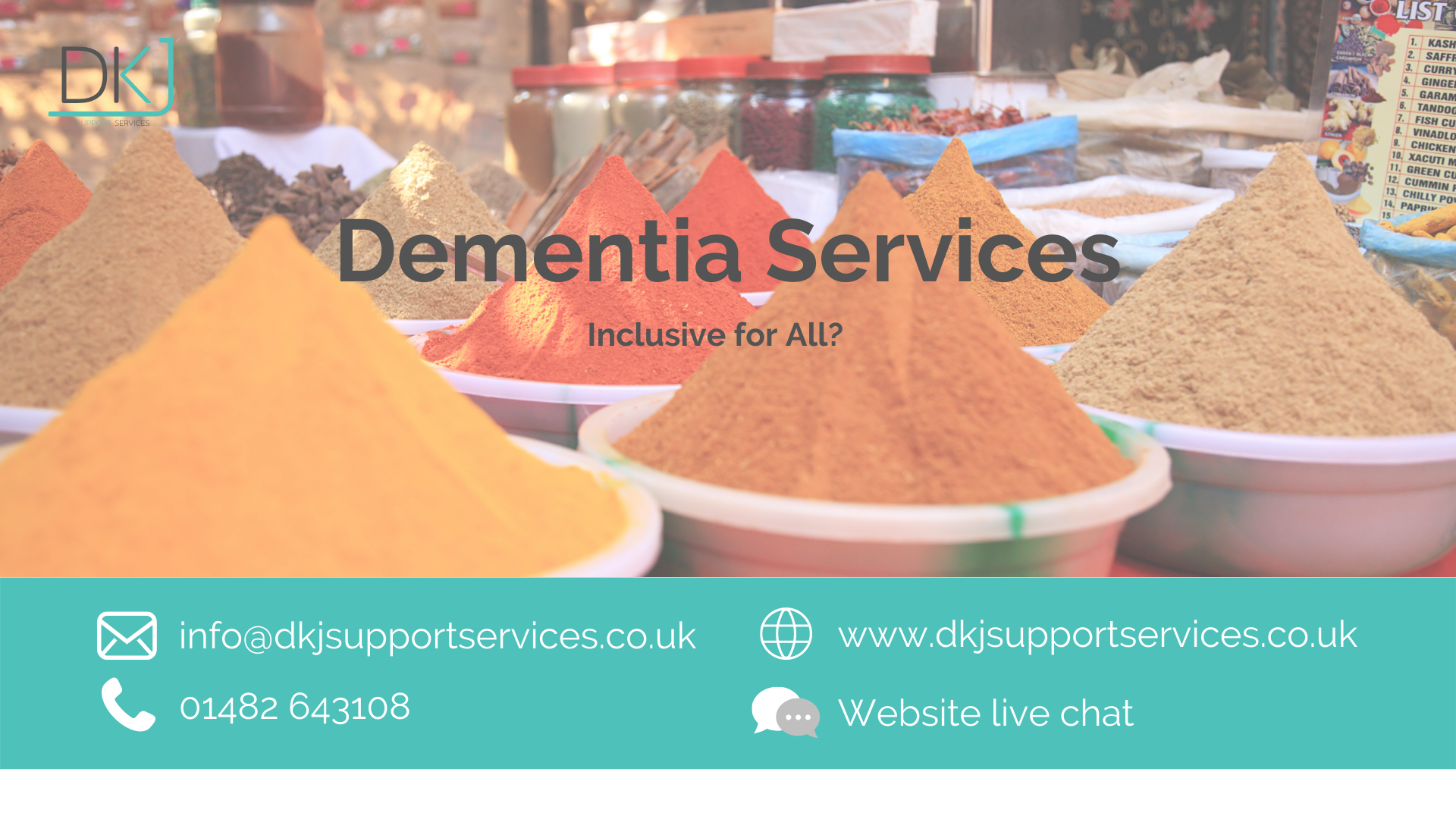There are approximately 25,000 ethnic minority people – I don’t like the term BAME – with dementia and it is estimated that this number will increase 7-fold by 2051. This figure made me think that should my parents – both Indian – require some information or support should they start displaying signs of dementia who or where would they go?
There are lots of fantastic support services available for the White British people, memory cafes and Dementia Centres which have corridors displaying English streets in the 1950’s and 1960’s however where was the same support for Asian, Chinese or Afro-Caribbean residents whose childhood memories are not the same? The answer is that there is little or no services for these communities and what services that are available are often funded projects which will end after that specific pot of money has run out. Also, when I contacted national and local service providers about specific support for my parents to be told that they provided services which were accessible to all yet when I asked for their figures on how many ethnic minority people access their services the answers were typically between 0.5% – 2% of the whole service users. So, dementia services are they really inclusive for all?
Why don’t Ethnic Minority People Access Dementia Services?
Let’s have a think about why people from ethnic minority backgrounds don’t generally access dementia services. There are many factors for example in Punjab where my parents are from people with dementia are often referred to as ‘paagal’ which translates to idiot as there is no word for dementia in that language, low levels of literacy, lack of trust in healthcare services and professionals, assumptions that some ethnic minority communities will help their own elderly relatives and generally not knowing what are the signs of dementia or who to turn to should they feel they need an assessment.
Other factors are that the assessments are not culturally appropriate, often services are provided to ‘tick a box’ without looking at the need of that person, the healthcare professionals often do not understand the cultural needs of the person and Carers are often overlooked. Something else to think about is what happens to those isolated communities who are new and emerging for example Somalians are less likely to be catered for?
The What Next?
How can some of these issues be addressed? Service providers should consider include providing cultural awareness training to your teams and making sure that it isn’t a tick box exercise, actively speaking with communities and understanding the barriers they face in accessing your services and finally looking at your data and seeing who is using your service? Is your service inclusive to all?
Take a look at the work we’ve done to help community groups and populations access health and social care services and how we’ve facilitated discussions with these groups. And I’d be delighted to chat through your plans to provide truly inclusive services to all – just give me a call on 07968 100276.
Kiran Johnson – Director
Damian Johnson – Director
E: kiran@dkjsupportservices.co.uk
T: 01482 643108
Live Chat: www.dkjsupportservices.co.uk
